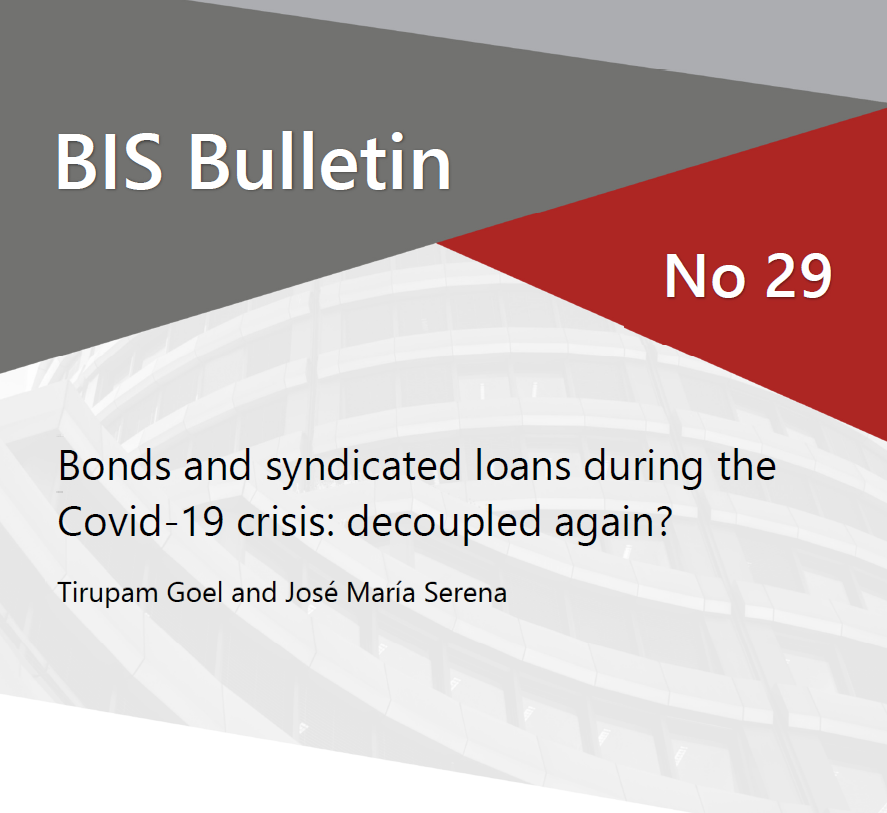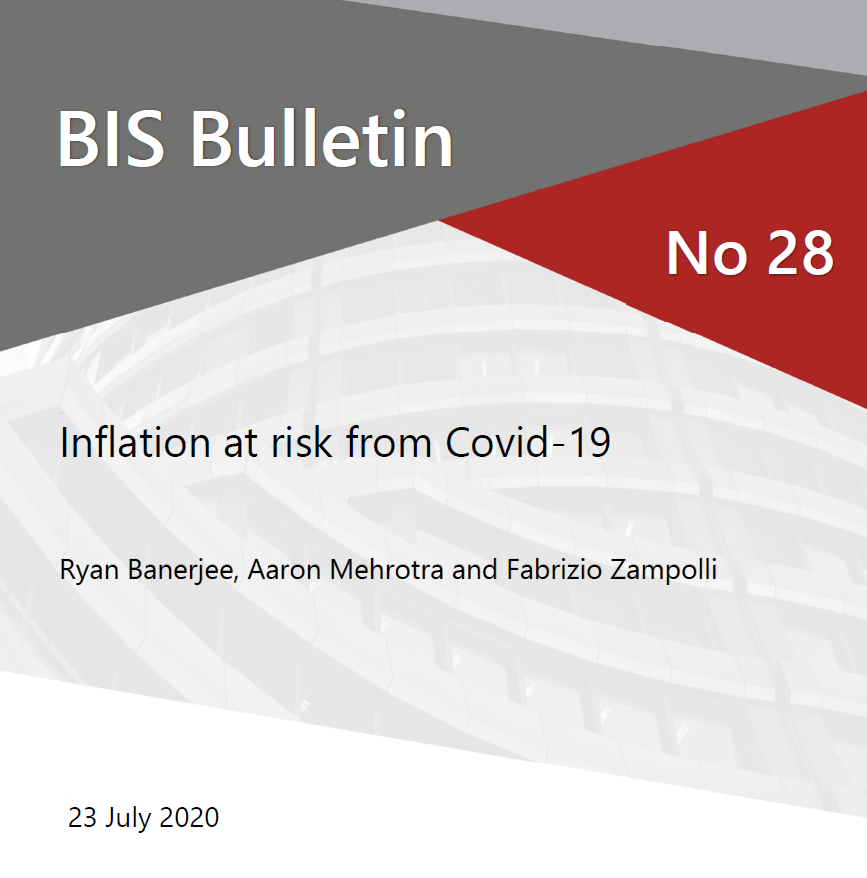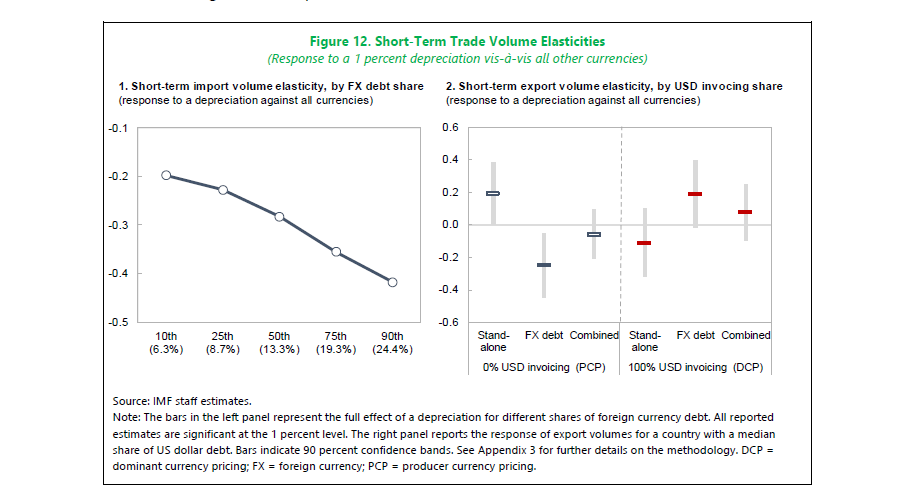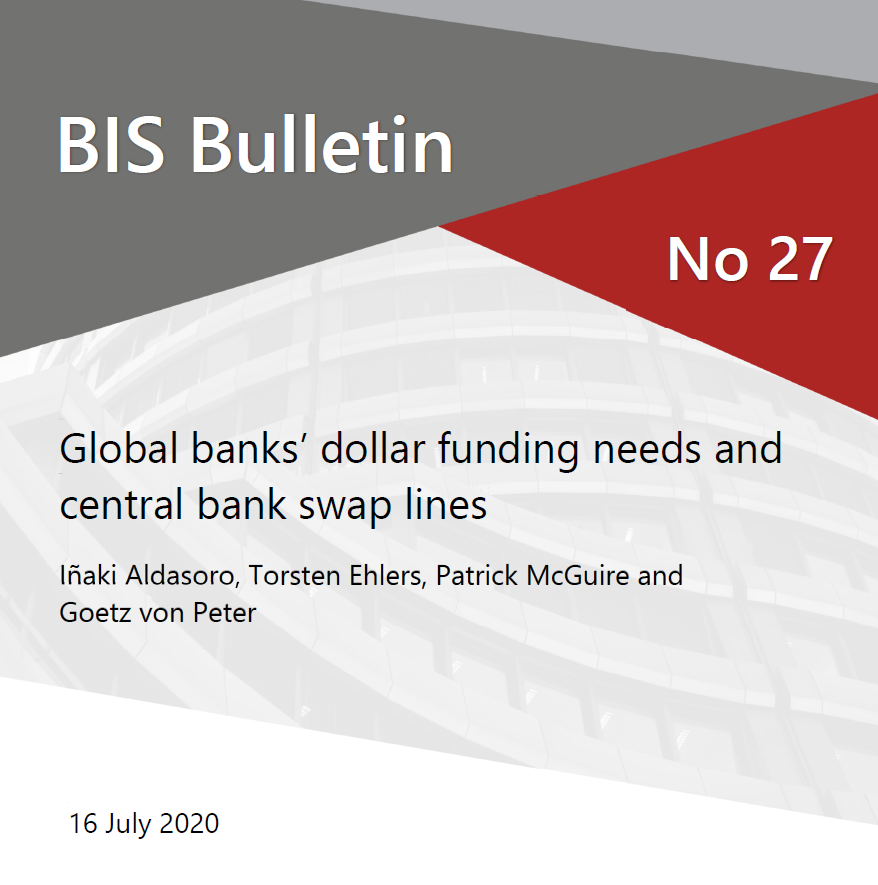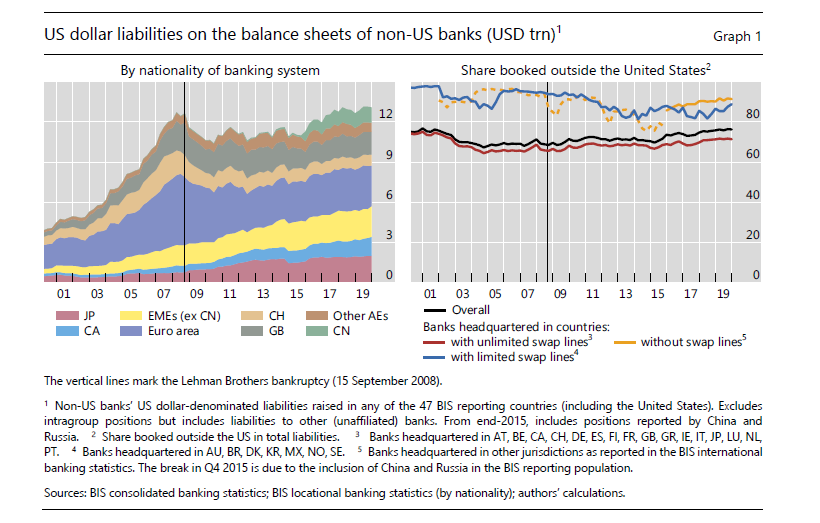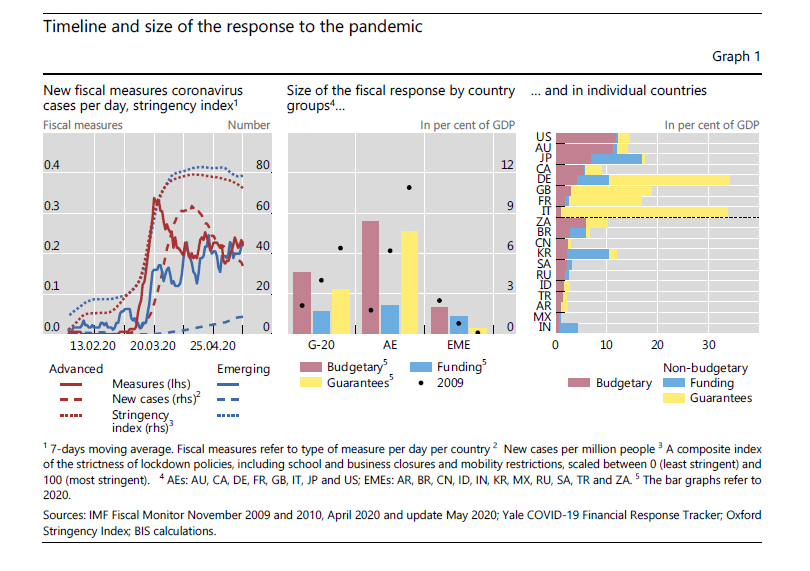
Much can be learned on the payment system and the monetary-fiscal nexus from the rise and fall of the Bank of Amsterdam (1609 - 1820), one of the first central banks in Europe
Link to my BIS working paper published today:
bis.org/publ/work902.h…
A short thread follows
Link to my BIS working paper published today:
bis.org/publ/work902.h…
A short thread follows
https://twitter.com/bis_org/status/1326118161704476672
The Bank of Amsterdam started life as a rigid stablecoin, where holders of silver and gold coins delivered them to the Bank, in return for deposits
These deposits were used for wholesale payments - for settlement of financial instruments like bills of exchange where a payment was settled by debiting the account of the payer and crediting the account of the receiver, much like the modern wholesale payment system
As a public institution owned by the City of Amsterdam, the Bank found itself increasingly thrust into a public policy role, fine-tuning financial conditions through its market operations, much like a modern central bank
But it lacked the fiscal backing of a modern central bank, and found itself in the awkward halfway house between a rigid stablecoin and a central bank without full fiscal backing; this halfway house ultimately proved untenable
The lessons are remarkably resonant of current debates on the monetary fiscal nexus, and how far a central bank can push monetary financing before crossing the line of no return
Link:
bis.org/publ/work902.h…
Link:
bis.org/publ/work902.h…
But it’s worth underscoring how successful the Bank was for much of its 170 year history; it famously saved the day in the systemic crisis of 1763 with tools that would make modern central banks blush
Re-posting the paper with @Isabel_Schnabel
bis.org/authors/1763_s…
Re-posting the paper with @Isabel_Schnabel
bis.org/authors/1763_s…
• • •
Missing some Tweet in this thread? You can try to
force a refresh

